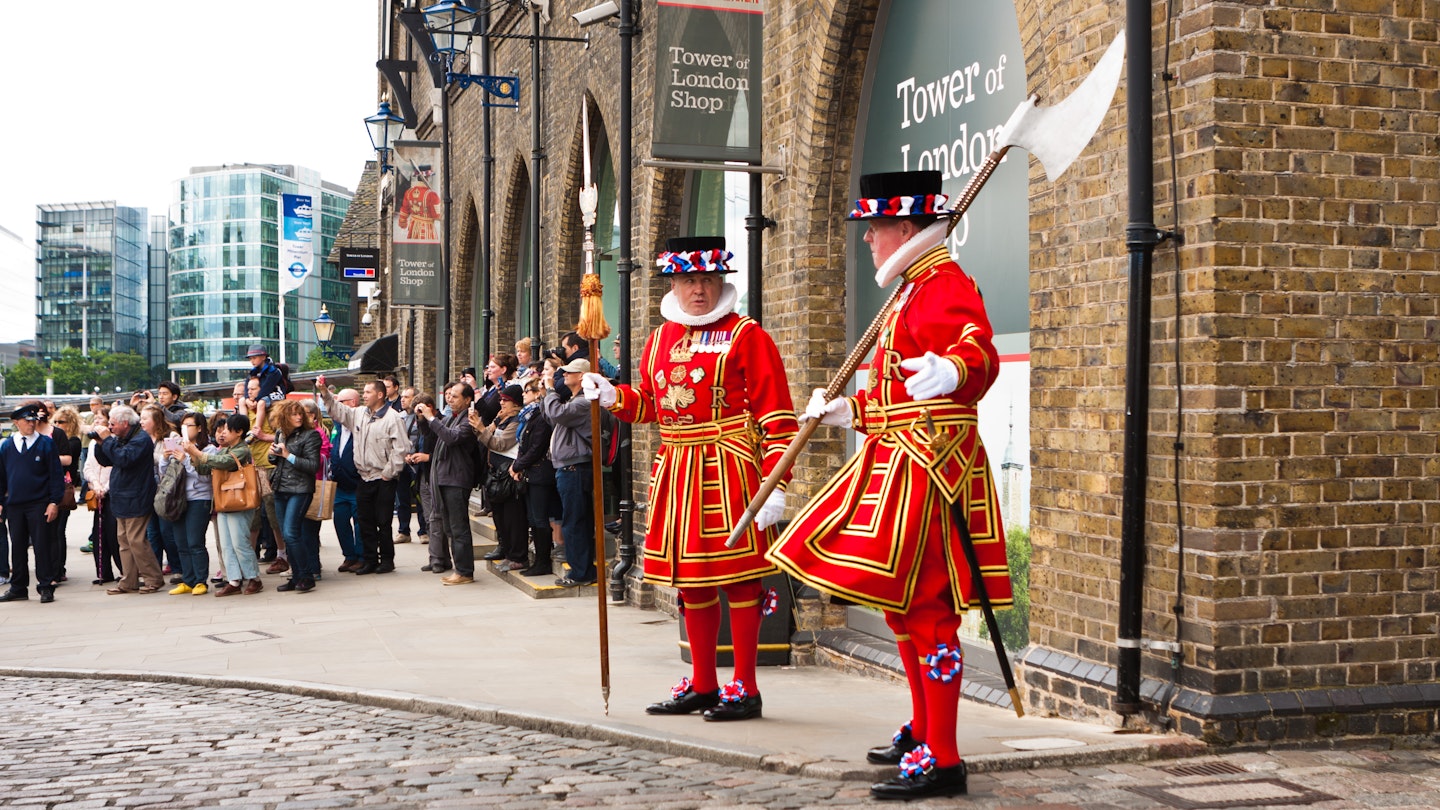The Impact of COVID-19 on London’s Historic Sites
As with tourist attractions around the world, London’s ancient landmarks have suffered a significant financial blow due to forced closures during the coronavirus lockdown. Now, the charity managing some of the city’s most historic sites, including the Tower of London, Hampton Court Palace, and Banqueting House, has warned that it could lay off the Tower’s iconic Yeomen Warders, better known as Beefeaters, and staff at other locations due to a funding shortfall.
Historic Royal Palaces, which oversees five sites around London and one in Northern Ireland, has reported a reduction of more than 85% in its income. Furthermore, it is not eligible for business funding from the UK government due to its status as a charity. Typically financed through ticket sales, memberships, events, and sponsors, the three-month closure has severed these income sources, forcing HRP to consider payroll cuts as a necessary measure.

GMB London, a major general union with over 600,000 members including some Beefeaters, is advocating for government intervention to preserve the jobs of hundreds of employees at risk of redundancy.
“While we are very mindful of the potential wider damage to our cultural industry, our members at HRP and their families are a far greater priority than the jewels and centuries-old bricks and mortar they protect,” stated Mick Ainsley, GMB London Regional Organizer.

The celebrated Yeomen Warders, adorned in their distinctive red-trimmed navy uniforms, have safeguarded the Tower of London and the Crown Jewels since the 15th century. While their current roles are primarily ceremonial, leading tours throughout the Tower grounds, it is critical to note that they must have served a minimum of 22 years in the British Armed Forces to qualify for this prestigious position.
Moreover, outdoor spaces at Hampton Court Palace and Hillsborough Castle are now open. Other sites may reopen as early as July, in accordance with the latest government guidelines.




